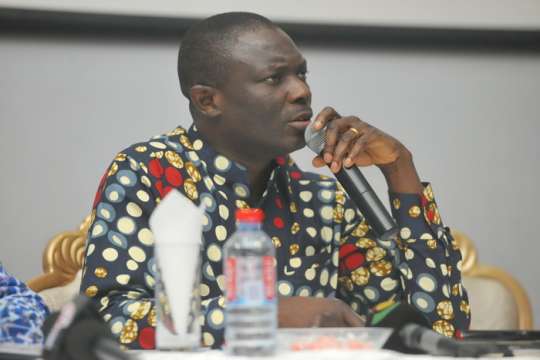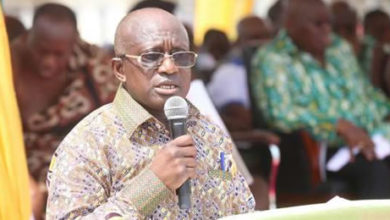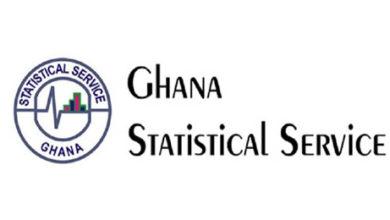Kwarteng: E-Levy law is unambiguous

The chairperson of the Finance Committee of Parliament, Kwaku Kwarteng has urged the media to desist from inviting politicians to debate the Electronic Transfer Act.
According to him, because the bill has now been passed into law, technocrats should be given the platform to explain the fine details of the E-Levy as a means of educating the public.
“When the debate has characterised E-Levy, and after four months we have passed it into law and it is now the burden of the country to see how we operationalise this law, let’s us not be inviting politicians to continue rehashing the old debate about E-Levy and asking the vice-president to have been debating aspects of the debate that kept us four months and weakened confidence in our fiscal. Let’s not invite politicians to do this, let’s get the technical people to do what is right,” the Obuasi West MP spoke to Asaase Radio‘s Beatrice Adu.
No ambiguity in E-Levy law
Kwarteng also debunked claims that the E-Levy law is not clear on who absorbs the cost of the 1.5% levy, stating that there’s no ambiguity in the law.
“Our committee considered the bill and proposed amendments to Parliament and Parliament adopted those amendments. Now, every word in that law is clear to me. If GRA does not understand any part or even any tax expert does not understand any part, they may go to court, if they want to engage with Parliament, we are happy to tell them our understanding of what we put in that law and then we can have an agreement.
“But as at this point, I don’t see any ambiguity, the law is clear that it is the person or the entity initiating the payment [the electronic transfer] that pays for it,” Kwarteng said on The Big Bulletin on Monday (11 April).
Review “ambiguous” E-Levy law
Meanwhile, the tax expert Fred Awutey is asking for a review of the Electronic Transfer Levy (E-Levy) law to avoid confusion ahead of its implementation.
The Ghana Revenue Authority (GRA) has served notice the law takes effect on 1 May 2022.
Talking to Kwaku Nhyira-Addo on The Asaase Breakfast Show on Monday (11 April), Awutey said the law as it stands is ambiguous.
“The court over the years restricts itself to interpreting the laws as specific to the words used in its writing and this E-Levy law is ambiguous on who pays the tax.
“To the extent that the law has not clearly stated who bears the E-Levy tax cost … it makes the law ambiguous and that is a challenge,” Awutey said.
“When you look at the [E-Levy] law as it is now, it does not clearly state who bears the incident of the transfer of a Momo. Is it the person who is sending the money or the one receiving the money? The law does not categorically state it and that is an issue,” he said.





